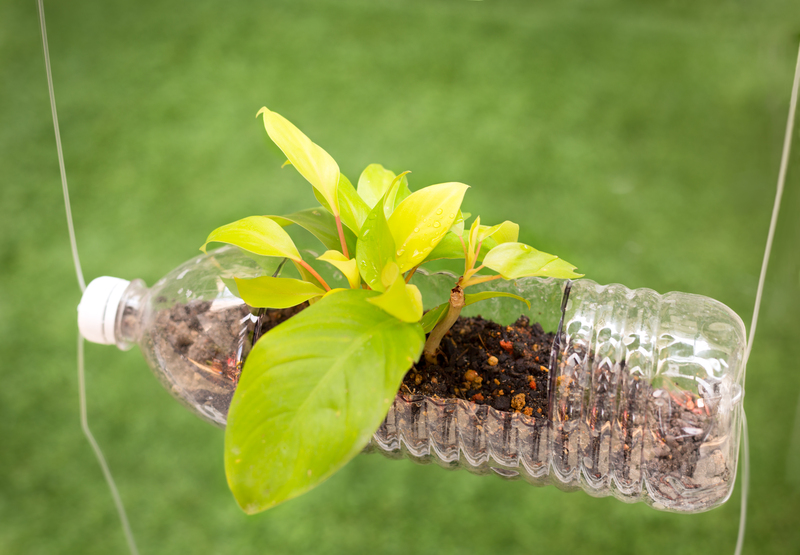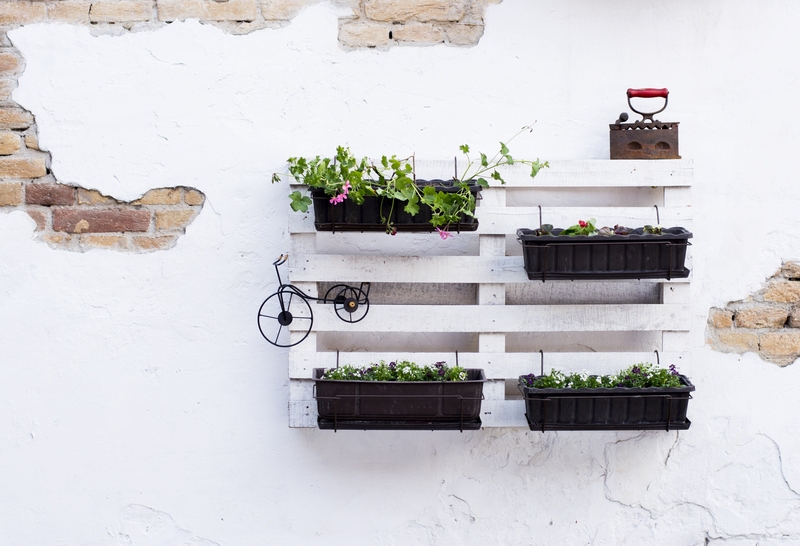Incorrect Recycling Moves: What You Need to Know
Recycling is an essential part of curbing environmental pollution and promoting sustainability. However, incorrect recycling moves can undermine these efforts, contaminating clean recyclables and rendering them useless. This article covers common recycling mistakes, offers tips on proper recycling practices, and discusses the pros and cons of recycling.
Common Incorrect Recycling Moves
1. Throwing Non-Recyclables into the Bin
One of the most common mistakes people make is putting non-recyclable items into the recycling bin. Items like plastic bags, Styrofoam, greasy pizza boxes, and used paper towels should not go into your recycling bin. These materials can contaminate other recyclables, making entire batches unfit for recycling.
2. Not Rinsing Containers
Food residue can cause significant contamination. Always rinse out food and drink containers before recycling them. Containers with leftover food can attract pests and interfere with the recycling process.
3. Mixing Different Types of Glass
Not all glass is created equal. Mixing different types of glass, like kitchenware, windows, and mirrors with bottle and jar glass, can contaminate the recycling stream. Check with local guidelines to properly recycle different types of glass.
4. Bagging Recyclables in Plastic Bags
Many people believe it's helpful to bag recyclables before putting them in the bin. This is a major misconception. Plastic bags can get tangled in recycling machinery, causing delays and damage. Recyclables should be placed loosely in the bin.
5. Including Hazardous Materials
Items like batteries, electronics, medical waste, and chemicals are hazardous and should be disposed of properly, not in the recycling bin. These items require special handling and can pose risks to humans and the environment if not disposed of correctly.

Tips for Correct Recycling
Know What Can Be Recycled
Familiarize yourself with your local recycling guidelines. Every municipality has different rules for what can and cannot be recycled.
Clean Your Recyclables
Always rinse food and beverage containers to remove any residue. This prevents contamination and helps maintain the quality of recyclable materials.
Separate By Type
Properly separating paper, plastics, metals, and glass ensures that everything is processed efficiently. Some areas require residents to use separate bins for different types of materials.
Don't Recycle On the Go
While it may be tempting to recycle disposable coffee cups, plastic cutlery, and straws, these items often are not recyclable due to mixed materials or food contamination.
Pros and Cons of Recycling
Pros
- Reduces waste in landfills and incineration
- Conserves natural resources like wood, water, and minerals
- Lowers greenhouse gas emissions by saving energy
- Creates jobs in the recycling and manufacturing industries
Cons
- Contaminated recyclables can render entire batches unusable
- Recycling infrastructure can be expensive to set up and maintain
- Recycling processes use energy and water, though less than producing new materials
- Complexity and variability of rules can lead to incorrect recycling

Takeaways
- Incorrect recycling can contaminate and ruin efforts to recycle properly.
- Always follow local recycling guidelines to ensure you're recycling correctly.
- Simple steps like rinsing containers and separating materials can go a long way in improving recycling practices.
- Weigh the pros and cons to understand the importance and challenges of recycling.
Conclusion
Recycling correctly is crucial for achieving a sustainable future. By being mindful of the common mistakes and following the tips provided, you can contribute significantly to the efficiency and effectiveness of recycling efforts. Remember, every small action counts, so take the time to ensure you're recycling the right way.
